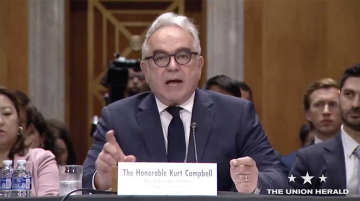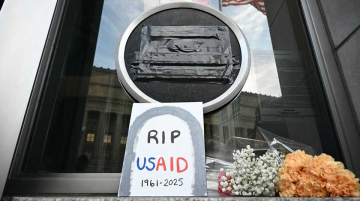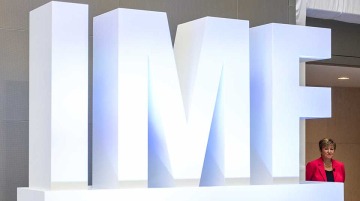
by Lukas Fiala and Chris Alden
From the BRICS to the Shanghai Cooperation Organization (SCO), members of recently expanding international fora are quick to point to a multipolar order as a hopeful imaginary of post-Western internationalism.
From Beijing and Moscow to many capitals across the Global South, political leaders are seemingly celebrating the potential of a post-American century. At the core of the message that China and Russia advance across the Global South lies the promise that multipolarity will emancipate the developing world in international politics and the global economy.
In practice, this developmentalist promise rings hollow, however. With all the talk about win-win cooperation in a world eventually freed of U.S. primacy, there is little certainty about how genuine developing countries – not those who only claim to be such – will achieve structural economic transformation to build lasting economic growth and prosperity.
As José Miguel Ahumada and Ha-Joon Chang point out in a recent article, one of the key problems in this changing economic system is the deployment of increasingly sophisticated industrial policy tools, and trade and investment restrictions across advanced economies at a time when vast parts of the developing world continue to be limited by a multilateral framework that has been conceived to reinforce neoliberal economic dogma.
Recalling the New International Economic Order proposals of the 1970s, the authors accordingly call for a wholesale reimagining of industrial development as a sovereign right. Policy options may include a revision of trade rules to allow for differentiated treatment and multilateral solutions for tech transfers and digital governance.
As we have argued before, however, one of the main challenges developing countries will confront is the absence of a stable trading system underpinned by American primacy that was, for instance, available to East Asian developmental states. A multipolar order may offer many different understandings of economic development, but not necessarily the stability to depend on export-oriented manufacturing as a backbone of lasting economic growth.
The order that came before was, of course, far from ideal. Developing countries across Africa, the Middle East, Asia, and Latin America have long faced barriers to access developed markets while having to deal with North Atlantic hypocrisy when it came to economic conditionality or the impact of financial crises.
And yet, the last year has heralded changes that are more pivotal than many would like to admit. Under President Trump, the White House has turned away from the very idea of development assistance. And in an era of “BRI light” and “small yet beautiful,” China is also no longer the developmental guarantor it once claimed to be.
From the climate and debt crises to the urgent need to deliver sustainable green transitions across the Global South, structural economic transformation will have to take place. And that’s no easy task.
While it is still too early to tell exactly what shape an emerging multipolar order will take, it seems clear that governments will have to rethink how to do development in an era of fragmentation and strategic competition. In contrast to the popular slogan “win-win”, there may well be more losers than winners in this new reality.
Professor Chris Alden is the Director of LSE IDEAS and Lukas Fiala is Head of China Foresight at LSE IDEAS







